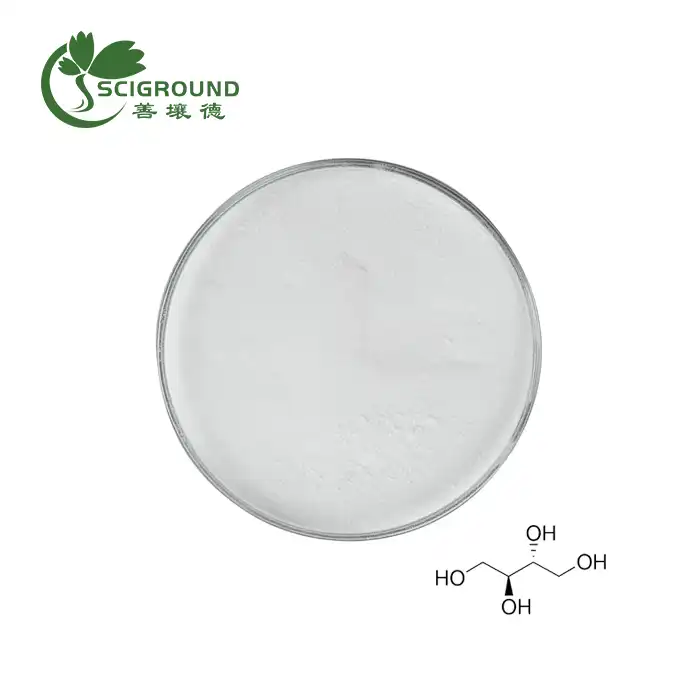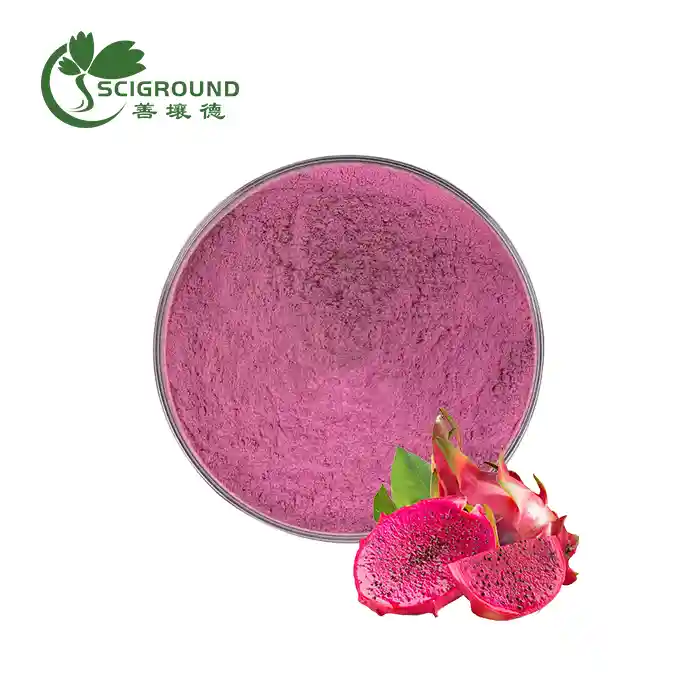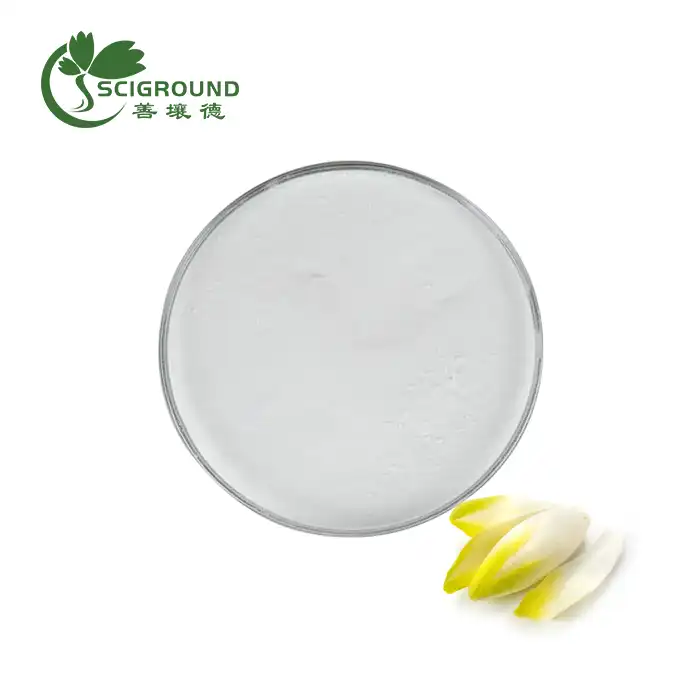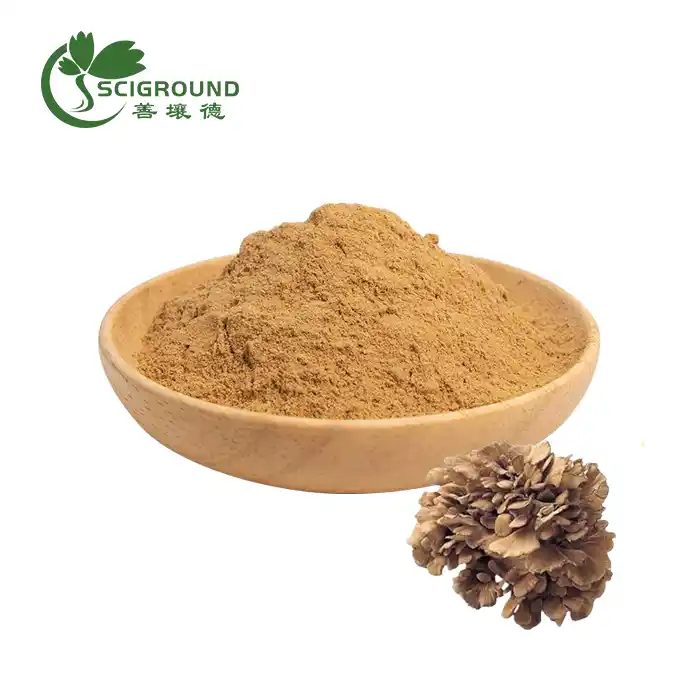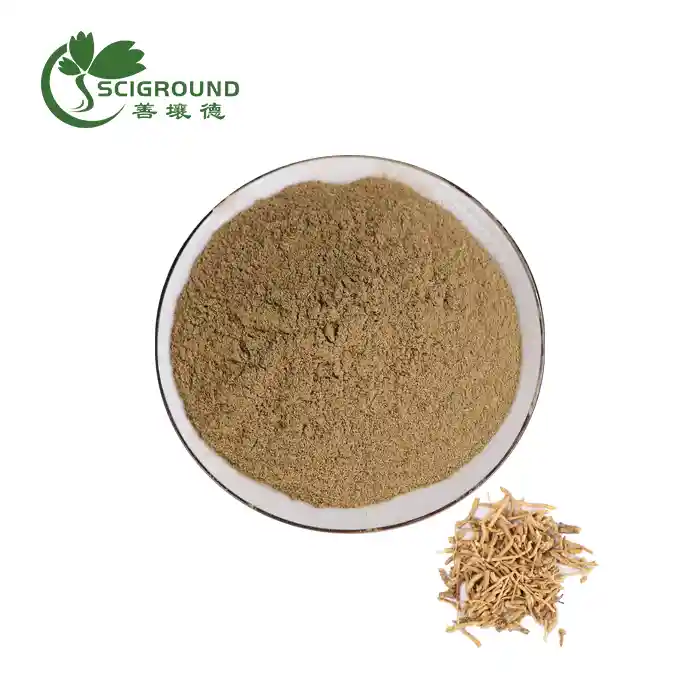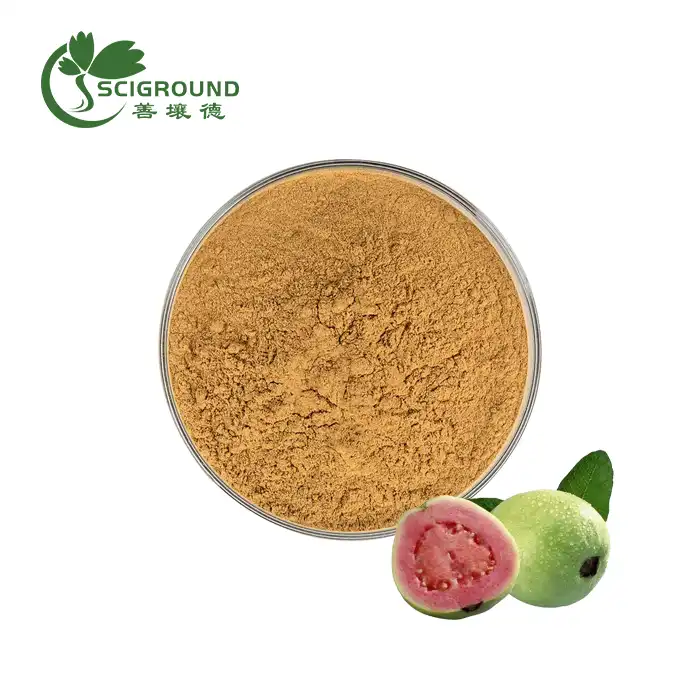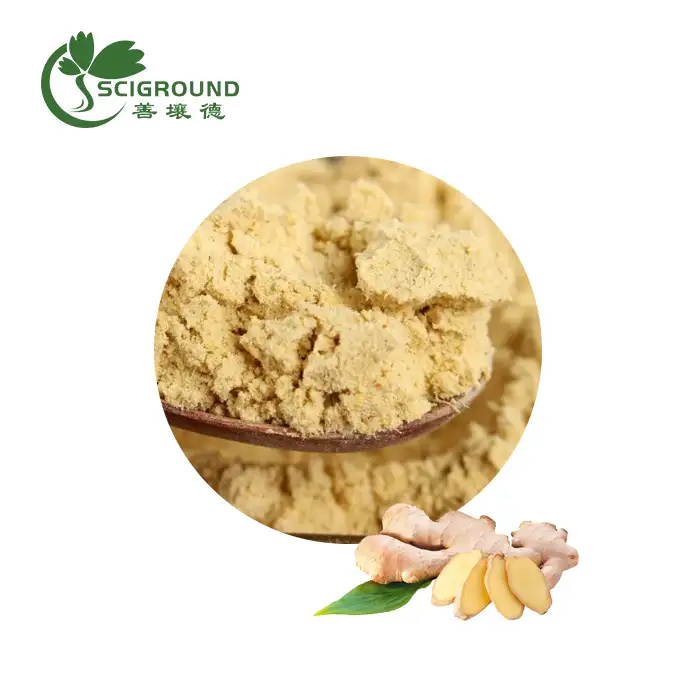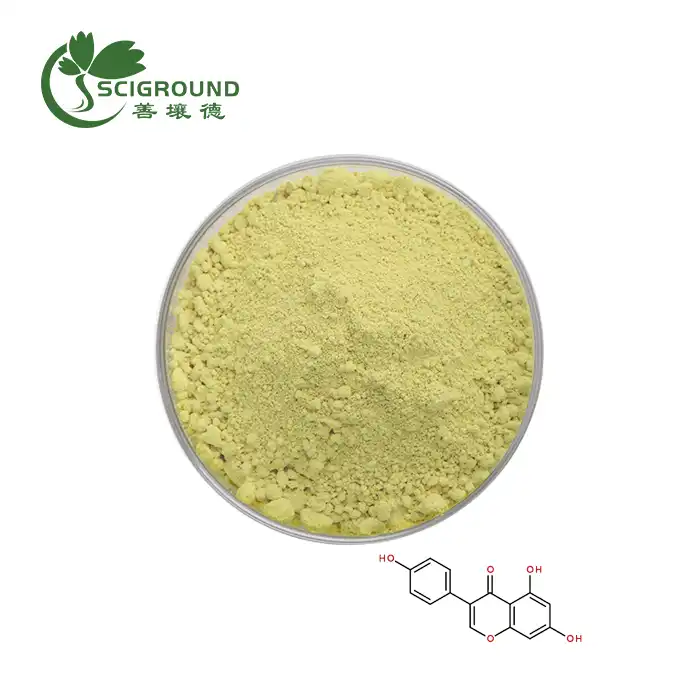What are the benefits of Nettle powder?
Nettle powder, derived from the stinging nettle plant (Urtica dioica), has gained popularity in recent years due to its potential health benefits. This versatile herb has been used for centuries in traditional medicine and is now available in convenient powder form. In this article, we'll explore the various benefits of nettle powder, its potential side effects, and important precautions to consider.
What is Nettle?
Stinging nettle is a perennial flowering plant that has been used medicinally for thousands of years. It's native to Europe, Asia, and North America, and can be found growing wild in many parts of the world. The plant gets its name from the fine hairs on its leaves and stems, which contain chemicals that can cause a stinging sensation when touched.
Despite its defensive mechanism, nettle has long been valued for its nutritional and medicinal properties. The leaves, stems, and roots of the plant are all used in various preparations, including teas, tinctures, and powders.
Nettle powder is made by drying and grinding the leaves or roots of the plant. This process concentrates the beneficial compounds found in nettle, making it a convenient and potent form for consumption.
Nutritional Profile of Nettle Powder
Nettle powder is rich in various nutrients, including:
- Vitamins A, C, and K
- B vitamins
- Minerals such as iron, calcium, magnesium, and potassium
- Amino acids
- Antioxidants
- Polyphenols
This impressive nutritional profile contributes to many of the health benefits associated with nettle powder.
Potential Health Benefits of Nettle Powder
Research has suggested that nettle powder may offer several health benefits:
Anti-inflammatory Properties
Nettle contains compounds that may help reduce inflammation in the body. This anti-inflammatory effect could be beneficial for conditions such as arthritis, where inflammation plays a key role in pain and discomfort.
Prostate Health
Some studies have indicated that nettle root extract may help alleviate symptoms of benign prostatic hyperplasia (BPH), a common condition in older men that causes urinary issues due to an enlarged prostate.
Allergy Relief
Nettle has been traditionally used to treat allergies, particularly hay fever. Some research suggests that it may help reduce allergy symptoms by blocking histamine receptors and decreasing inflammation.
Blood Sugar Management
Preliminary studies have shown that nettle may help lower blood sugar levels, potentially benefiting individuals with diabetes or those at risk of developing the condition.
Cardiovascular Health
The high potassium content in nettle powder may contribute to heart health by helping to regulate blood pressure. Additionally, nettle's antioxidant properties could potentially protect against oxidative stress, which is a risk factor for heart disease.
What Are the Side Effects of Stinging Nettle?
While nettle powder is generally considered safe for most people when used appropriately, it can cause some side effects in certain individuals:
Common Side Effects
- Mild stomach discomfort
- Diarrhea
- Increased urination
- Skin irritation (when applied topically)
Severe Side Effects
In rare cases, more serious side effects may occur:
Allergic Reactions
Some individuals may experience allergic reactions to nettle, which can manifest as difficulty breathing, hives, or swelling of the face, lips, tongue, or throat. If you experience any of these symptoms, seek immediate medical attention.
Blood Pressure Changes
Nettle may affect blood pressure levels. While this can be beneficial for some, it could potentially cause issues for individuals with low blood pressure or those taking medications to manage their blood pressure.
Blood Sugar Fluctuations
As mentioned earlier, nettle may lower blood sugar levels. While this can be advantageous for some, it could potentially lead to hypoglycemia (low blood sugar) in individuals with diabetes who are taking blood sugar-lowering medications.
It's crucial to consult with a healthcare professional before incorporating nettle powder into your routine, particularly if you have any pre-existing health conditions or are taking medications.
What are the precautions of Nettle?
While nettle powder can offer numerous health benefits, it's essential to be aware of certain precautions:
Pregnancy and Breastfeeding
Pregnant women should avoid using nettle powder, as it may stimulate uterine contractions and potentially lead to miscarriage. There's also limited information on the safety of nettle during breastfeeding, so it's best to err on the side of caution and avoid it during this time as well.
Interactions with Medications
Nettle may interact with certain medications, including:
- Blood thinners (e.g., warfarin)
- Diuretics
- Diabetes medications
- Blood pressure medications
- Lithium
If you're taking any medications, consult your healthcare provider before using nettle powder to ensure there are no potential interactions.
Kidney Problems
Due to its diuretic properties, nettle may exacerbate existing kidney issues. Individuals with kidney problems should consult their doctor before using nettle powder.
Allergies
People with allergies to plants in the Urticaceae family (which includes nettles) should avoid nettle powder, as they may be more likely to experience allergic reactions.
Children and Older Adults
There's limited research on the safety of nettle powder in children and older adults. These groups should use nettle under the guidance of a healthcare professional.
Proper Dosage
As with any supplement, it's crucial to adhere to recommended dosages. Excessive consumption of nettle powder may lead to side effects or interactions. Always follow the instructions on the product label or consult with a healthcare provider for personalized dosage recommendations.
In conclusion, nettle powder offers a range of potential health benefits, from reducing inflammation to supporting prostate health. However, it's essential to be aware of possible side effects and take necessary precautions. As with any dietary supplement, it's best to consult with a healthcare professional before incorporating nettle powder into your routine, especially if you have pre-existing health conditions or are taking medications.
Remember, while natural remedies like nettle powder can be beneficial, they should not replace conventional medical treatments. Always use supplements as part of a balanced, healthy lifestyle and under the guidance of a qualified healthcare provider.
References:
- Johnson, T.A., et al. (2013). "Medicinal Properties of Stinging Nettle (Urtica dioica L.): A Review." Journal of Herbal Medicine, 3(1), 9-15.
- Lopatkin, N., et al. (2005). "Long-term efficacy and safety of a combination of sabal and urtica extract for lower urinary tract symptoms--a placebo-controlled, double-blind, multicenter trial." World Journal of Urology, 23(2), 139-146.
- Roschek, B., et al. (2009). "Nettle extract (Urtica dioica) affects key receptors and enzymes associated with allergic rhinitis." Phytotherapy Research, 23(7), 920-926.
- Kianbakht, S., et al. (2013). "Improved glycemic control in patients with advanced type 2 diabetes mellitus taking Urtica dioica leaf extract: a randomized double-blind placebo-controlled clinical trial." Clinical Laboratory, 59(9-10), 1071-1076.
- Testai, L., et al. (2002). "Cardiovascular effects of Urtica dioica L. (Urticaceae) roots extracts: in vitro and in vivo pharmacological studies." Journal of Ethnopharmacology, 81(1), 105-109.
- Upton, R. (2013). "Stinging nettles leaf (Urtica dioica L.): Extraordinary vegetable medicine." Journal of Herbal Medicine, 3(1), 9-38.
Are you interested in incorporating high-quality nettle root powder into your product line or formulations? Shaanxi SCIGROUND offers premium nettle root powder with consistent quality and reliable supply. For more information or to discuss your specific needs, please contact us at info@scigroundbio.com. Our team of experts is ready to assist you in harnessing the power of nettle for your business.
Related Industry Knowledge
- what is Alfalfa Grass Powder
- What are the benefits of Ganoderma lucidum?
- What is inulin powder used for?
- What is creatine monohydrate made from
- Is Pea Protein Powder a Viable Vegan and Gluten-Free Alternative to Whey Protein?
- A Comprehensive Guide to Astragalus Extract Powder
- Tongkat Ali Extract Powder: Everything You Need to Know
- How Does L-Glutamic Acid Benefit Brain Health?
- Gynostemma Pentaphyllum Saponin: Nature's Powerful Health Elixir
- Are bcaas safe
